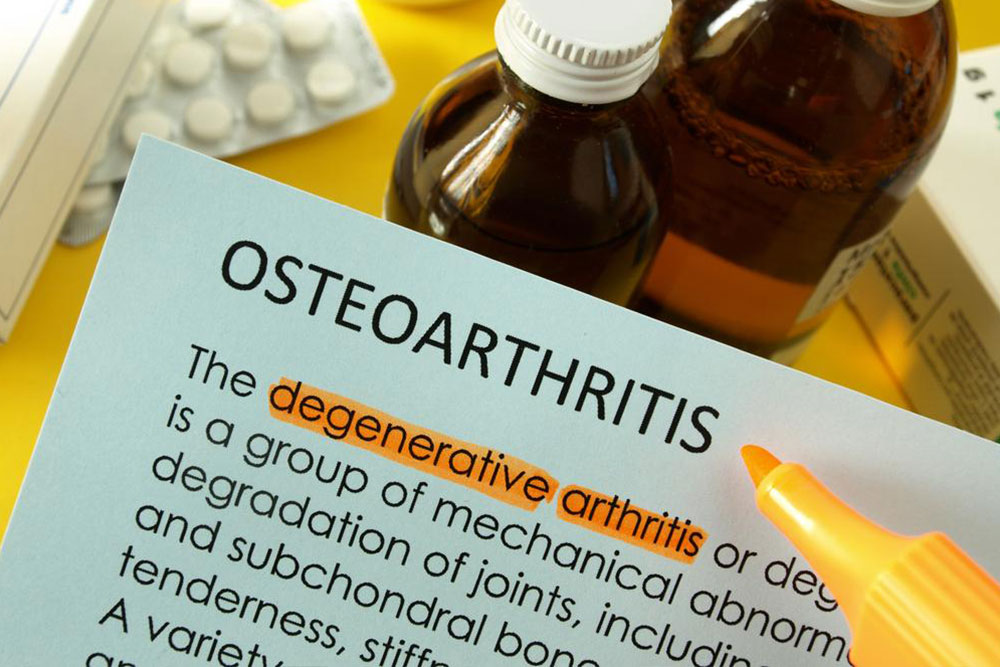Effective Strategies for Managing Tardive Dyskinesia
Discover practical methods to manage tardive dyskinesia through medical treatments, dietary modifications, and lifestyle adjustments. Early intervention and professional guidance are key to controlling symptoms and enhancing quality of life for affected individuals.

Effective Strategies for Managing Tardive Dyskinesia
Tardive dyskinesia is a neurological condition characterized by involuntary, jerky movements in the face, neck, arms, and legs. It often results from prolonged use of certain psychiatric medications called neuroleptics. Studies indicate that up to half of individuals on long-term neuroleptic therapy may develop this condition. Fortunately, tardive dyskinesia can often be controlled with appropriate medical interventions, dietary adjustments, and lifestyle modifications.
Medical Treatments
Since neuroleptic drugs are a common cause, consulting a healthcare professional is essential to review and adjust medication plans if necessary to minimize symptoms.
If symptoms persist or become severe, doctors may recommend additional options.
The FDA has approved two oral medications, deutetrabenazine and INGREZZA®, which work by regulating neurotransmitters involved in muscle control. These drugs may cause side effects such as drowsiness, irregular heartbeat, or Parkinson-like symptoms.
Dietary Adjustments
Tardive dyskinesia-related movements can make eating difficult. Patients should consider liquid diets or soft foods, like bananas, that are easier to swallow. Consulting with a healthcare provider can help tailor a suitable meal plan, emphasizing small bites and slow eating to prevent choking or aspiration.
Making certain lifestyle changes can greatly improve quality of life. Engaging in regular exercise can alleviate tremors and improve balance and flexibility. Mindfulness practices and relaxation techniques help reduce stress, which can exacerbate symptoms. Spending time in nature or joining support groups can provide emotional benefits and coping strategies.
Important Disclaimer: The information provided is for educational purposes only and should not replace professional medical advice. Always consult qualified healthcare providers for diagnosis and treatment options tailored to individual needs.










